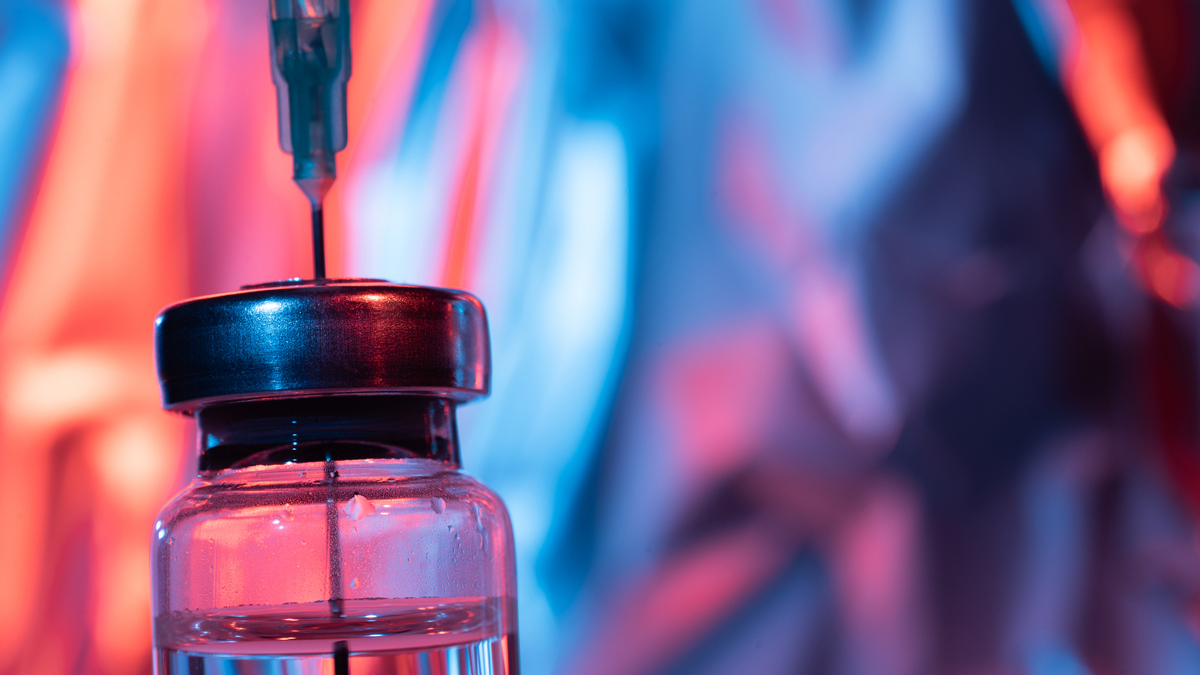CureVac claims €75m in EU funding for mRNA COVID-19 vaccine

German vaccine firm CureVac has been awarded a €75 million loan from the European Investment Bank to boost its manufacturing capacity for its potential COVID-19 vaccine.
The loan – equivalent to around $85 million – comes just a few weeks after the German government invested around €300 million in CureVac to accelerate the production of the CVnCoV vaccine, which started a clinical trial in Germany and Belgium last month.
The EIB funding will support “development and large-scale production” of the COVID-19 shot as well as others in CureVac’s pipeline, said the company, which is based in Tübingen and is also developing mRNA-based shots for rabies, Lassa and yellow fever and respiratory syncytial virus (RSV).
The loan will be paid on three €25 million instalments and used to expand its existing mRNA production suites as well as build a fourth facility at the Tübingen site.
It also follows news of an alliance between CureVac and electric carmaker Tesla to develop portable RNA “microfactories” that could be used to make the vaccine against SARS-CoV-2, which causes COVID-19, though that looks like a longer-term project.
[embed]https://twitter.com/elonmusk/status/1278578543044300805[/embed]
CVnCoV is one of five RNA-based vaccines for SARS-CoV-2 that have begun human testing. Among these, Moderna’s mRNA-1273 is the furthest along in development – in a phase 2 trial – followed by Pfizer and BioNTech’s BNT162 which is in a phase 1/2 study.
Last month, they were joined in the clinic by Imperial College London’s LNP-nCoVsaRNA – based on a slightly different technology called self-amplifying RNA – and another mRNA candidate developed by the People's Liberation Army (PLA) Academy of Military Sciences and Walvax Biotech in China.
RNA vaccines have advantages over some other vaccine types because they can be easily and cheaply produced and are given at very low doses.
Rather than relying on the administration of vaccine antigens like conventional vaccines, RNA vaccines provide the instructions to cells in the body to produce the antigen themselves – in the case of SARS-CoV-2 the spike or ‘S’ protein is used by the virus to attach to host cells.
CureVac’s trial is testing a range of CVnCoV given by intramuscular injection at a dose range of 2 µg to 8 µg in 168 healthy subjects between the ages of 18 to 60.
It will try to find the best dose as well as provide information on the safety and immunogenicity of the vaccine, with initial results expected later this year.












